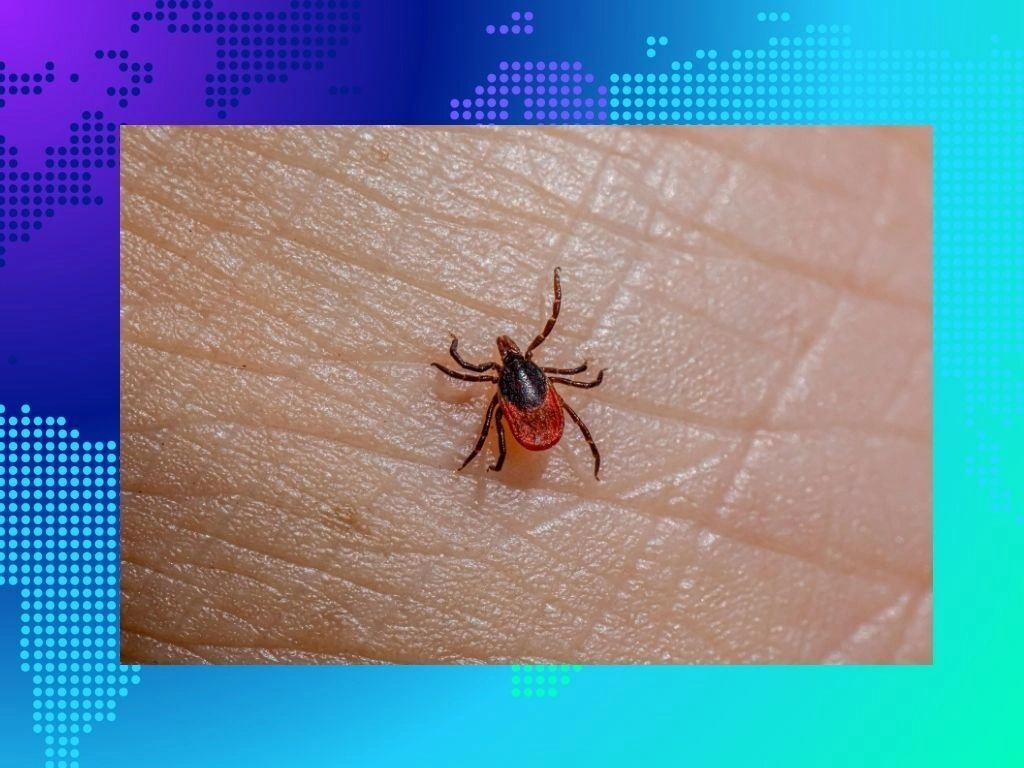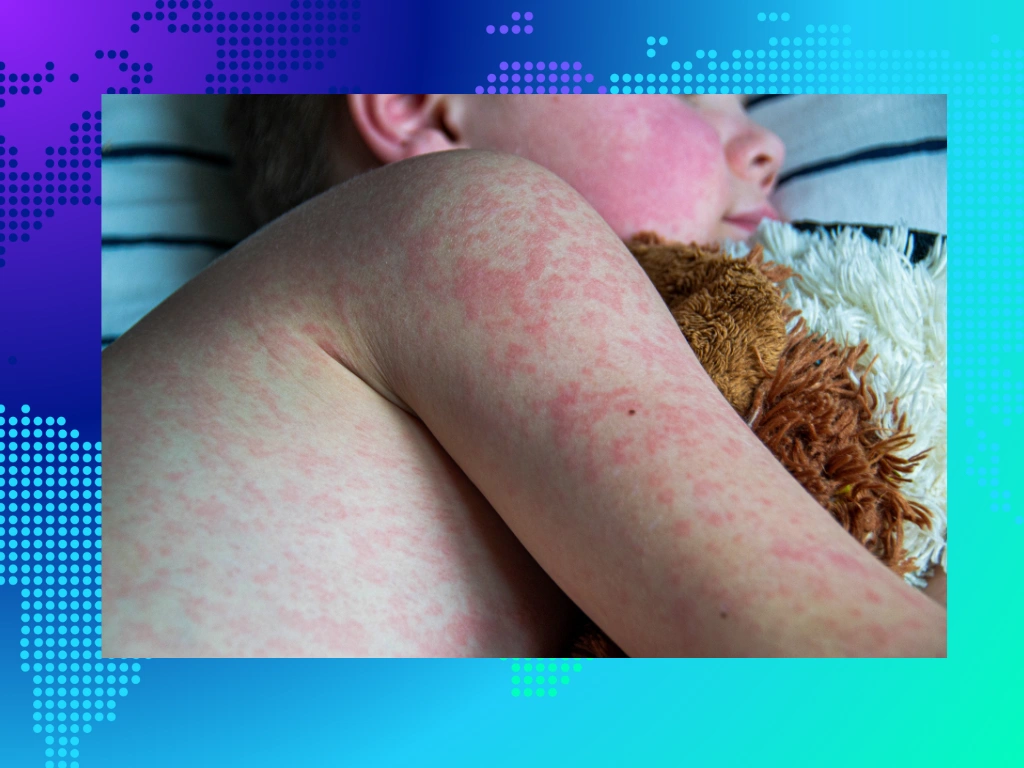With over 15 million visitors expected to descend into France to attend the Olympic and Paralympic games starting next week, France’s health authorities are on high alert to prepare against new rising health risks. Their risk considerations are unique from previous mass gathering events, as a result of the global increase in arboviral diseases, vaccine-preventable diseases, and continued struggles with respiratory diseases.
BlueDot is well-versed in supporting government organizations in assessing infectious disease risks from mass gathering events. Drawing from risk assessments conducted during the 2022 Hajj pilgrimage and 2020 Summer Olympics, we’ve created an assessment framework to help organizations determine where efforts should be focused when preparing for large-scale events.
From those learnings we’ve identified three key risks for the upcoming Olympics that France should be on guard for:
Vector-borne diseases
This year, France has had to contend with a record number of important dengue cases. But unfortunately, the risk is greater than a single potential imported vector-borne disease. In 2023, ECDC reported that 130 locally acquired cases of dengue were reported in the EU; a significant increase compared to the ten-year period 2010-2021, where the total number of locally acquired cases was 73.
This is not the only risk, France is also on guard for other mosquito-borne diseases which are becoming increasingly present, like West Nile, chikungunya, and malaria. As of 2024, the ECDC reported that the increasing global temperatures are allowing the Aedes albopictus mosquito to establish further north, allowing them to establish in new European regions including France. The threat reached a new level of concern last year, when the first local case of dengue in the vicinity of Paris was detected, leading to Paris fumigating the city.
Respiratory outbreaks
COVID-19 cases are again surging across Europe this summer, primarily driven by the FLiRT descendants of the JN.1 variant. Last winter, BlueDot warned that this variant was one to watch and it now makes up 97% of all sequenced cases in Europe (as of May). In addition, influenza season is already ongoing in the southern hemisphere, thus posing further risks of outbreaks of influenza and other influenza-like illnesses such as rhinoviruses. More importantly, there are global increases in pertussis (also called whooping cough) and such events can trigger or aggravate already trends, especially among unvaccinated or non-vaccinated individuals.
Vaccine-preventable diseases
Vaccine-preventable diseases pose a significant risk for the Paris Olympics, with measles being particularly concerning due to its high degree of contagiousness. In 2023, the world saw a 79% increase in the number of global measles cases compared to 2022, with the European WHO region seeing a 30-fold increase. Germany, France, and Italy account for 68% of all imported cases in the region, leaving the Olympics at risk of a super-spreader event triggered by those who are unvaccinated or partially vaccinated.
Forecasted Air Travel to France
Based on OAG data and BlueDot forecasting, the 10 countries with the highest projected air travel into France for July include:
Portugal
Spain
United States
Guadeloupe
Algeria
Tunisia
Martinique
Italy
Réunion
Morocco
Additional concerns
Not all diseases are an immediate concern, but based on the current trends and event-specific context, our in-house subject matter experts have identified additional disease threats to be aware of:
- Mpox: While Clade II made headlines in 2022 due to its global expansion thought to be triggered by a mass gathering, Clade Ib’s sudden rise is of particular concern due to its evasion of testing and that it can transmit through heterosexual networks. And with France ranking #2 as the top air travel destination from its endemic home of the Democratic Republic of Congo (DRC), this is of particular concern given the recent large ongoing outbreak.
- Viral gastroenteritis: Given the increased sales of food and beverages through street vendors, there are increased risks of food poisoning and other gastrointestinal (E. coli, Salmonellosis, shigellosis) outbreaks.

Preparation and response
BlueDot has extensive experience in assisting government organizations in evaluating the risks associated with mass gathering events. We have designed a comprehensive report to equip organizations with the essential questions needed to effectively prepare for and mitigate potential disease outbreaks during large-scale events. Download for free to get full access to these critical insights.










